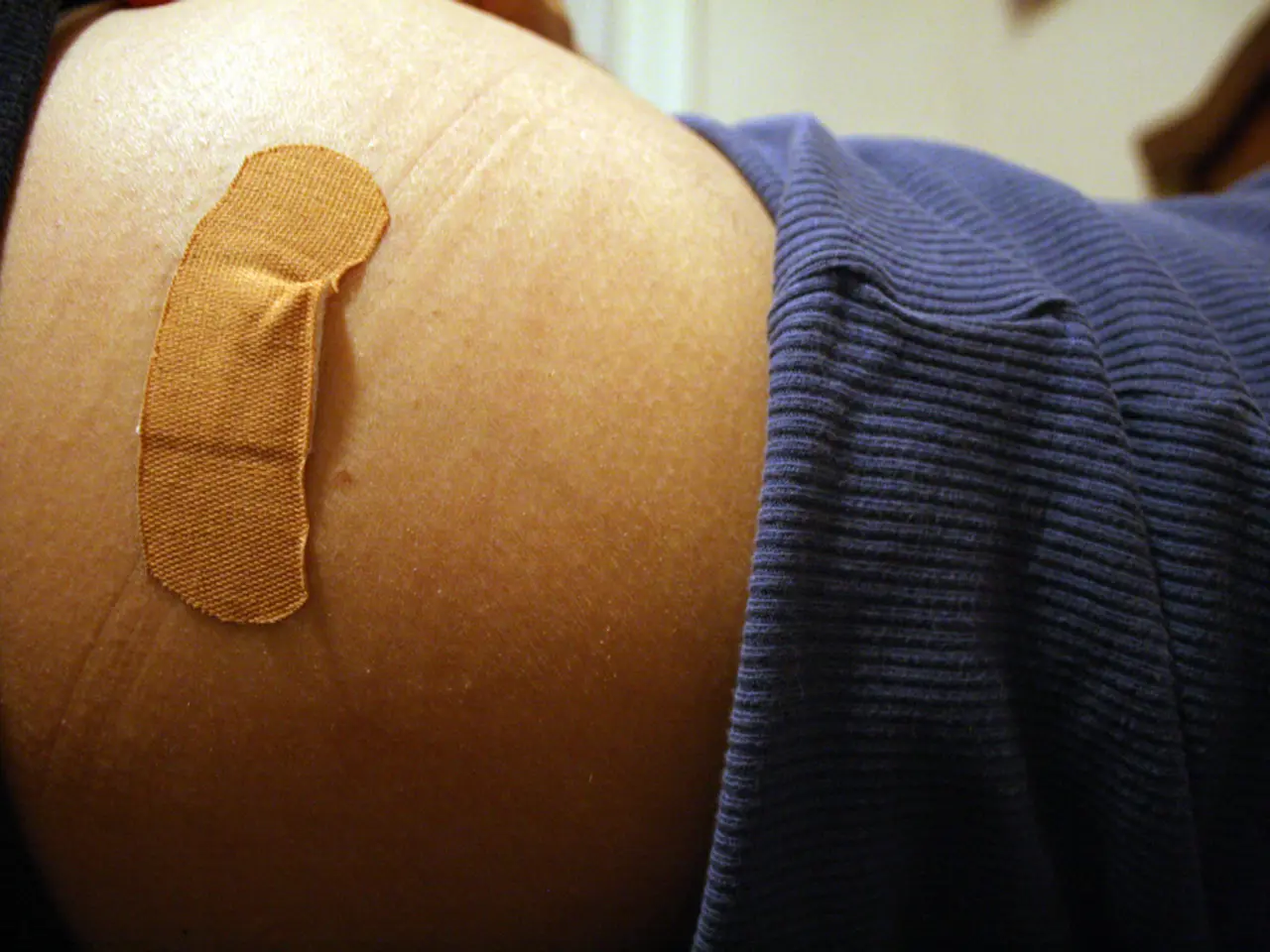Empyema: A Serious Pneumonia Complication Requiring Prompt Attention
Empyema, a serious complication of pneumonia, occurs when pus accumulates in the pleural space, the area between the lungs and the chest wall. This condition, though rare, is most common in children and older adults, with a prevalence of less than 1 percent in children with pneumonia. It often develops after chest surgery or in individuals with certain underlying health conditions.
Empyema typically follows pneumonia, an infection of the lung tissue. The most common bacteria causing pneumonia that can lead to empyema are Streptococcus pneumoniae and Staphylococcus aureus. When pneumonia is complicated by fluid buildup in the pleural space, the fluid can thicken and become infected, resulting in empyema.
Symptoms of empyema can include shortness of breath, dry cough, fever, sweating, chest pain, headache, confusion, and loss of appetite. The condition can range from simple to complex, with complex empyema featuring severe inflammation and scar tissue. This form is more challenging to treat and can lead to a collapsed lung or sepsis if left untreated. Conditions increasing the risk of empyema after pneumonia include bronchiectasis, COPD, rheumatoid arthritis, alcoholism, diabetes, a weakened immune system, surgery, and lung abscess.
Empyema is a serious complication that requires prompt medical attention. It is crucial for individuals, especially those at higher risk, to be aware of the symptoms and seek treatment immediately if they suspect they may have this condition. Early intervention can prevent the progression to complex empyema and its potentially life-threatening complications.






